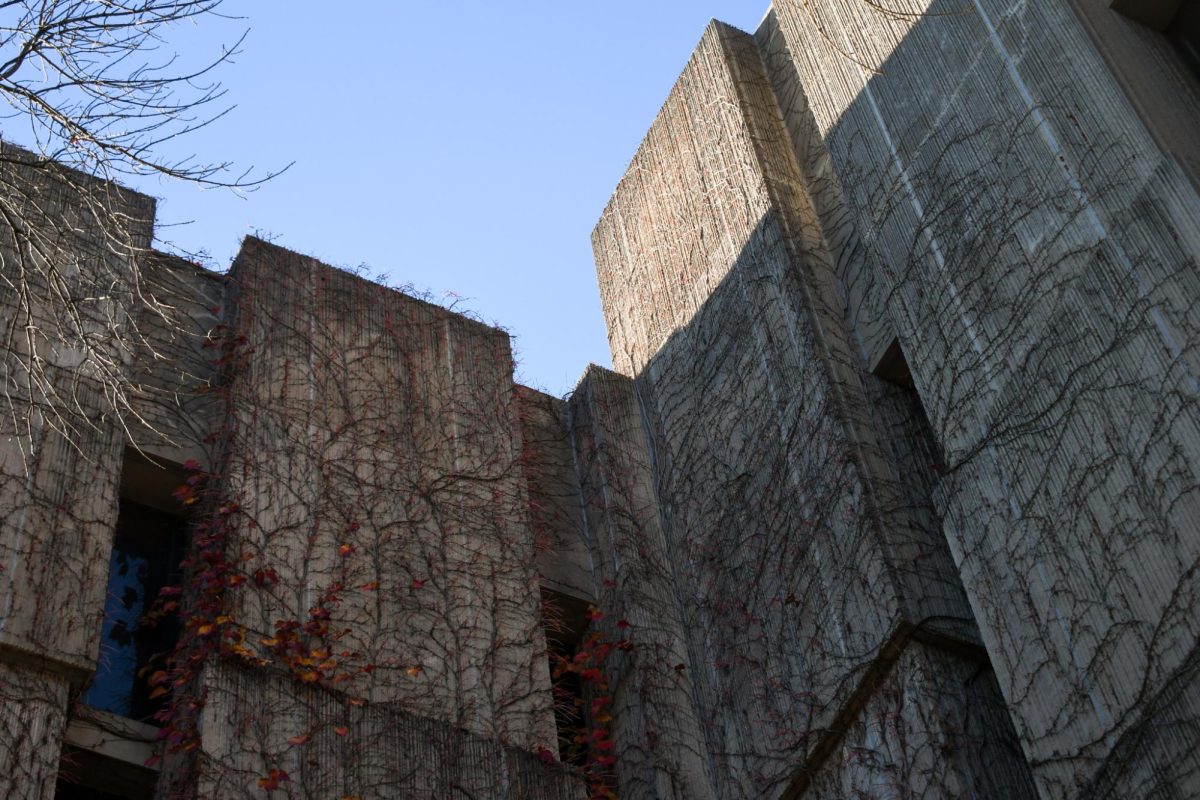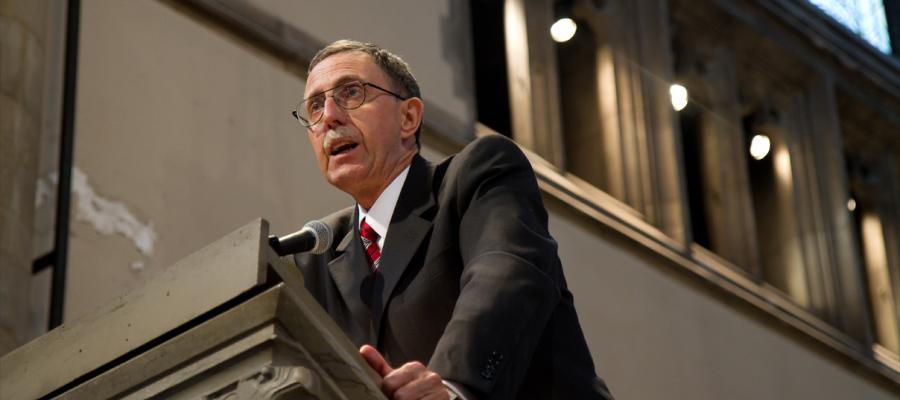University Healthcare
I write in response to the article titled “Randel Chats with Students at Reynolds” (4/27/04).
According to the article, in response to questions regarding any future plans the administration has to alleviate the rising cost of health insurance for graduate students at the University of Chicago, President Randel stated “ that there simply needed to be more money in the system for any real change to take place.”
I would like to point out that for some parts of “the system” at the U of C ample money is available for health insurance: the Biological Sciences and Physical Sciences Divisions receive money to cover health insurance costs for their graduate students; the Social Sciences and Humanities Divisions and the Divinity School do not. Given the mission of the University is “Let knowledge grow from more to more; and so be human life enriched,” a mission that seems to imply, at least to my mind, that human life is enriched by many types of knowledge and not simply the sciences, why is there money “in the system” for the health insurance costs of some and not others? Is not the health of a student a fundamental requirement for living the life of the mind? Should not the University use the money it saves as a result of receiving millions in government grants for the sciences to ensure every graduate student receives the same privilege which today only our colleagues in the BSD and PSD receive?
More importantly, are we becoming an institution whose funding structures (i.e. intellectual priorities) are so influenced by the technological and practical demands of our society (better drugs, faster computers) that we fail to see value, and hence do not fund properly, study in areas of human experience which, while they may not be useful for the Department of Defense, make our lives spiritually and culturally meaningful?
Anant Kishore
Ph.D. student in the
Divinity School
Student Government Elections
On Monday May 3 during the Student Government (SG) elections, Slate of the Union set up a voting table in the Bartlett Lobby. They provided computers preset to the SG elections website and encouraged passers-by to vote for their platform. Unfortunately, while such an electioneering tactic may be creative, it borders on the illegitimate.
Anyone familiar with the democratic process knows that political campaigning at an actual site of voting is generally forbidden. Voters should be isolated from political pressure at, or near, any actual voting center. The fact that the voting system is based online and therefore has no fixed physical presence is irrelevant. By setting up a voting table, Slate of the Union created a voting center that students may assume is officially sanctioned. In fact, I am informed that the SG election committee specifically permitted Slate of the Union to set up their voting center, further blurring the impartiality of the voting process.
Of course, I do not argue that any computer is a voting place, and hence, that SG slates should stay far away from anything with a keyboard. However, I argue that Slate of the Union’s voting center intentionally blurred the lines between a public and private voting space. Imagine if this November, the political parties were allowed to set up their own “private,” partisan voting booths outside of the regular public voting centers; imagine, that before you enter the voting booth, the officer escorting you in suggests that you vote for a particular candidate. None of us would find such a situation palatable.
Slate of the Union may argue that their tactics are no different from providing transport for people to vote, or from campaigns to “get out the vote.” Further, candidates from other slates have been reported stalking the Quads armed with laptop computers. Unfortunately, such creativity does not excuse the underlying problem.
While political parties have always tried to make it easier for their supporters to vote, such political pressure must stop near the actual point of voting, which must be impartial, secure, and confidential. The Slate of the Union voting center was far from impartial; we had no assurances that voting was secure, since they provided the computers and software, and confidentially is hardly promoted when Slate of the Union members hover anxiously around while you vote.
While the SG election committee may have sanctioned this activity, I believe doing so has set an unfortunate precedent that will only encourage future SG candidates to take even more creative steps. Perhaps it will not be long before, in the best traditions of Chicago politics, the dead too will vote early, and vote often.
Walter Edgar Theseira
M.A. student in the
Committee on International Relations







